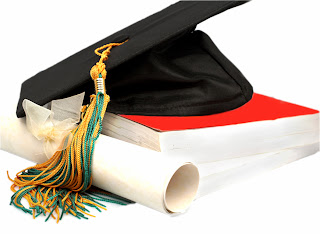 Coaching provides students an opportunity to engage in physical activity outside of school at a competitive level. Not only do children who play on interscholastic teams gain the benefit of being active several hours a day, they also learn the value of being on a team. My philosophy on coaching is meant to build up sport specific skills, and should not only help students become as skilled as possible in that sport, but should also teach them values of being on a team and developing relationships.
Coaching provides students an opportunity to engage in physical activity outside of school at a competitive level. Not only do children who play on interscholastic teams gain the benefit of being active several hours a day, they also learn the value of being on a team. My philosophy on coaching is meant to build up sport specific skills, and should not only help students become as skilled as possible in that sport, but should also teach them values of being on a team and developing relationships. As a coach I will strive to focus on each player and their ability. Once their present level of ability is noted in their particular sport, I will help to bring them to the next level. I would like players to not only see what they are, but what they can be. I will also focus on problem solving and the tactical approach of coaching. A player should be taught how to do each movement required for their sport well, and how to apply it in an authentic environment.
In my opinion, the values taken away from playing a interscholastic sport are much more important than how skilled your team becomes or what their record is. Being a part of a team, with a good coach, should produce athletes who value teamwork, communication, punctuality, respect, problem solving, determination, goal setting, loyalty, community and motivation. Having these players every day for practice time, you will see physical improvements, but it is just as important to make sure your team understands that becoming a team will ultimately lead them to success. All of these skills that are learned from playing on a team will carry over to the real world, in college or in employment opportunities. A prospective employer or college will look for people with determination, a good work ethic, loyalty, and honesty. If my players can walk away from a season of playing on my team and have an understanding of what it means to be a team player, and have all of these attributes, I believe I did my job.





